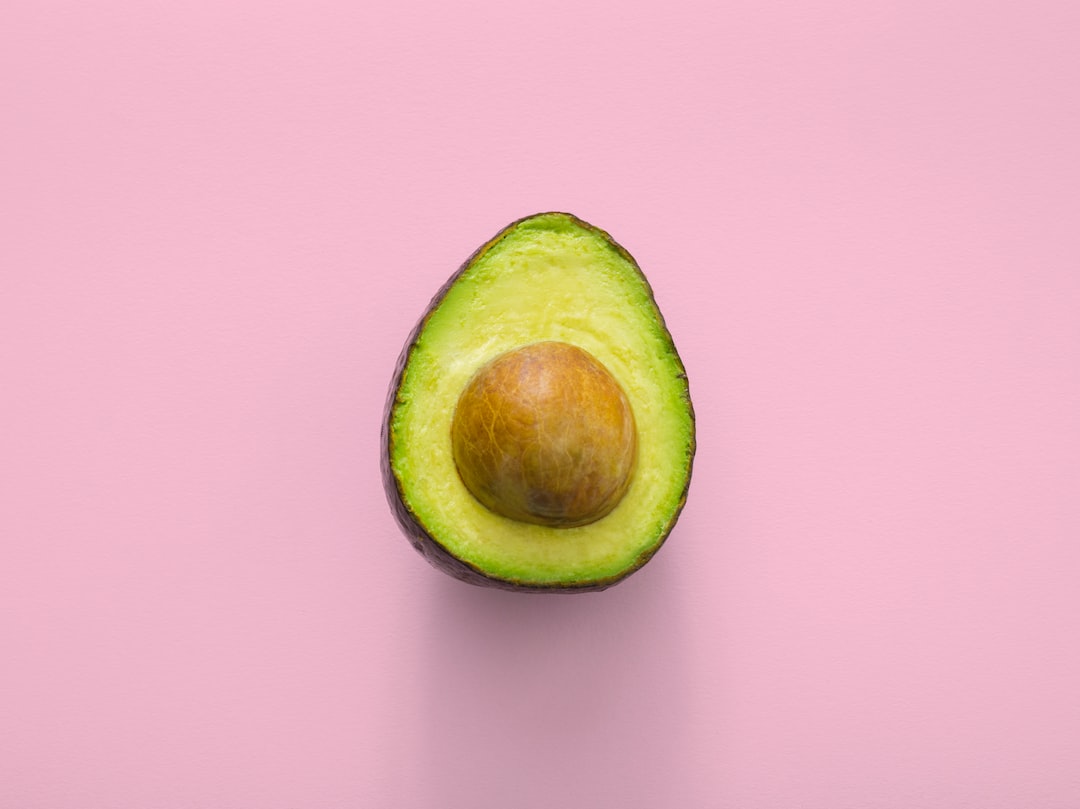With the growing interest in healthy and environmentally friendly diets, many people are turning to plant-based diets, which are rich in whole grains, fruits, vegetables, legumes, nuts, and seeds. In recent years, there has been a surge in the popularity of vegan and plant-based diets, as they offer a number of health benefits, including lowering the risk of developing chronic diseases.
One of the main concerns people have when switching to a plant-based diet is whether they will get enough protein. Protein is an essential nutrient needed for growth and repair of cells, building muscles, and maintaining a healthy immune system. The good news is that there are many vegan and plant-based protein sources available. Here are some of the best vegan and plant-based protein sources that you can incorporate into your meatless meals:
1. Legumes: Beans, lentils, and chickpeas are high in protein, and also provide a good source of fiber, iron and other essential nutrients. They are versatile and can be used in a variety of dishes including stews, soups, salads, patties and curries.
2. Tofu: Soy-based tofu is a popular protein source in vegan and plant-based diets. It is low in calories, high in protein and a good source of calcium and iron. Tofu can be grilled, sautéed or added to soups and stir-fries.
3. Tempeh: Tempeh is a fermented soybean product that is higher in protein and other nutrients than tofu. It has a nutty flavor, and can be grilled, sautéed or baked. Tempeh can be used as a meat substitute in many dishes such as burgers, sandwiches and stews.
4. Seitan: Seitan is made from wheat gluten, which is high in protein and low in carbohydrates. It has a meat-like texture and can be flavored to mimic meat. Seitan can be used in stir-fries, sandwiches or stews.
5. Nuts and Seeds: Nuts and seeds are great protein sources and also provide healthy fats and fiber. They can be added to salads, smoothies, and desserts, or eaten as snacks.
6. Quinoa: Quinoa is a complete protein source, which means it contains all the essential amino acids needed by the body. It is easy to cook and can be added to salads, soups, or as a side dish.
7. Dark leafy greens: Dark leafy greens such as broccoli, spinach and kale are rich in protein, iron, calcium and many other nutrients. They can be steamed, sautéed, blended into smoothies or added to salads.
In conclusion, incorporating these vegan and plant-based protein sources into your diet can help to ensure that you meet your daily protein requirements and maintain a healthy body. By adding a variety of these nutritious foods to your meals, you can enjoy the benefits of a healthy, meatless diet without compromising on taste or nutrition.

